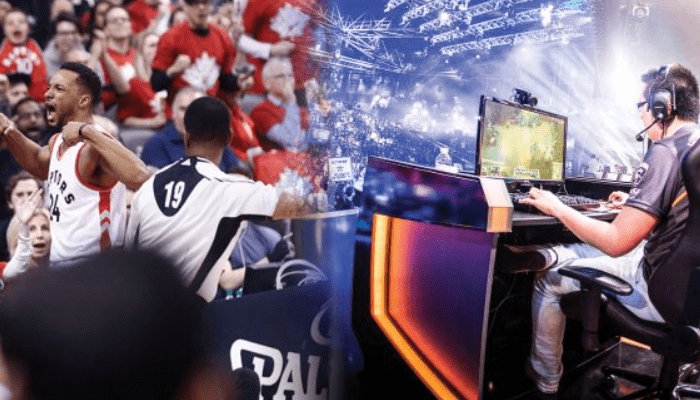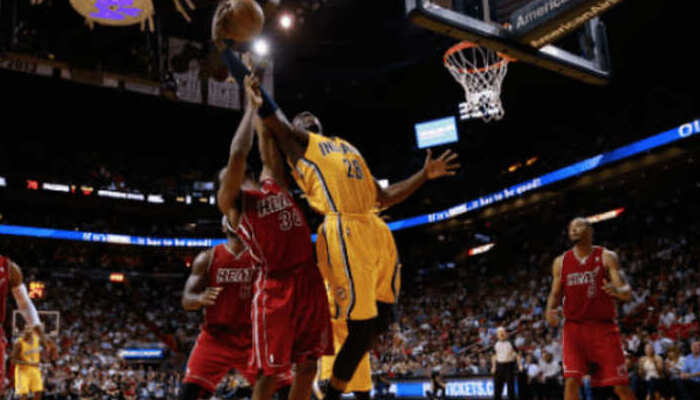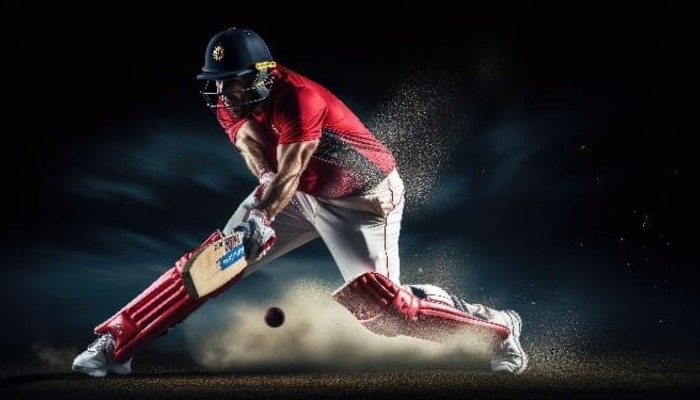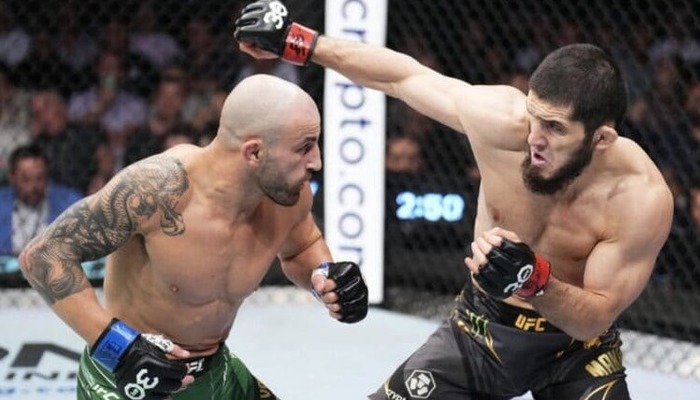
Can Esports be Considered a Sport, and is this Classification Significant?
Does it matter whether or not esports qualify as sports?
Since the first video game championship for the game Spacewar was held in 1972, people have argued about whether esports qualify as sports.This came with a year’s membership to Rolling Stone magazine as the prize. (and free beer).
But as the stakes have increased as we’ve moved from beer to billions, there are now a lot more divisive viewpoints available.
The fact that esports are sports is widely accepted. It incorporates both innate talent and acquired skill, in which people or teams compete against one another as a kind of entertainment.
Others fiercely and violently refute such a connection, generally claiming that the absence of physical exertion prevents it from conforming to conventional notions of what sport is.
This can be seen, and how far esports still needs to go in terms of popular acceptance, by taking a look at the comments on the subreddits of football clubs that have entered esports.
The answer ultimately depends on how you define sport. Is intense physical effort a requirement for sports? Do wrist movements and complex mechanical operations on mice, keyboards, and game controllers qualify as physical labor? What about quickness of reaction and muscle memory?
The majority of arguments in favor of esports not being considered sports typically originate from the traditional sporting community. Sharron Davies, a gold medal-winning British swimmer from the 1978 Commonwealth Games, recently criticized the inclusion of esports as a pilot event at the 2022 Birmingham Commonwealth Games.
The former swimmer was quoted by the BBC as saying, “We should try to evolve [the Commonwealth Games] with physical activity sports that engage young people, not ones that require people to sit on their backside and use their two fingers and their thumb.”
When it comes to truly comprehending esports, some in the sporting world also have problems. When the official Olympic organizing committee announced the Olympic Esports Series in March 2023, this was clearly on exhibit.
The bulk of the esports community was angered by the Olympic Esports Series’ selection and framing of numerous virtual sport simulation games, including an obscure tennis mobile game.
However, much more athletes have embraced esports than have voiced criticism of it. Some of the biggest names in sports, like David Beckham, Shaquille O’Neal, Aerial Powers, Neymar Jr., and many others, have tried to legitimize esports in the eyes of the general public.
Sporting groups have also poured money into esports. Numerous football clubs have announced their foray into esports, and important sports executives control multiple Call of Duty and Overwatch League franchises. Just two well-known examples are Jeff Wilpon, executive vice-president of Sterling Equities and owner of the New York Excelsior, and Robert Kraft, CEO of the New England Patriots and owner of the Boston Uprising.
They are joined by a wide range of esports business leaders who don’t perceive any distinction between the sports and esports disciplines.
Due to the many similarities that place the two on a same footing, esports has always deserved to be recognized as a real sport, according to Lokesh Suji, Director of the Esports Federation of India and Vice President of the Asian Esports Federation.
“Esports participants must possess a high level of mental and physical skill, much like in traditional sports. Teams must develop strategies and tactics and demonstrate great teamwork, communication, and analytical thinking to outperform their rivals, Suji added, while professional players competing in solitary games need quick reflexes, exceptional motor skills, and deft coordination to excel.
Why is it important?
Beyond semantic arguments, does it matter if we refer to esports as sports or not? Simply said, absolutely. Esports regulation by authorities is influenced by how it is recognized and branded.
Esports are fundamentally distinct from sports, according to the Interactive Software Federation of Europe (ISFE), an organization that represents video game publishers and national trade organisations. Esports are based on the proprietary intellectual property of their publishers, which makes them fundamentally different from sports. Applying current sports law, according to ISFE, would be problematic because it is ineffective for its intended purpose and may lead to regulatory fragmentation.
According to Sergi Mesonero, Head of Esports at ISFE, “in sport, the sport itself does not have intellectual property rights, it is not owned by anyone.” “In esports, each of these disciplines is owned by a different party, which drastically alters the ecosystem.
If sports regulations were used to control esports, it might be difficult for video game publishers to provide the services required to maintain esports, such as running internet servers or modifying game engine rules. That might have an impact on the decision of video game companies regarding whether, how, or where to pursue esports.
ISFE made it clear that, from a regulatory standpoint, regulating esports differently from sports does not imply that esports participants are less skilled. We disagree with the designation of esports as a sport from a regulatory standpoint, but that does not exclude us from considering esports to be a sport.
If it weren’t [for the fact that] it produces a lot of misunderstanding, especially in the eyes of those who are not very knowledgeable of the true nature of esports, talking about esports as sport would be OK, said Mesonero. Because of the linguistic overlap, some people believe that the esports ecosystem operates very similarly to the one for sports, but this is not the case, as we’ve seen in many instances.
Many governments throughout the world, including those in the United States, China, South Korea, India, and others, have officially sponsored or recognized esports, esports athletes, or esports events in some way.
The argument over esports’ legality rages on as the business develops around professional participants (gamers, athletes, e-athletes, cybercompetitors, etc.) going head-to-head in media spectacles of ever-increasing magnitude and scale. The way we—and policymakers—talk about esports matters as more nations establish tailored esports policy and regulation.
Other Interesting Articles
 Thai Police Raids in a Clampdown on Illegal Gambling
Thai Police Raids in a Clampdown on Illegal GamblingApr 4, 2023











